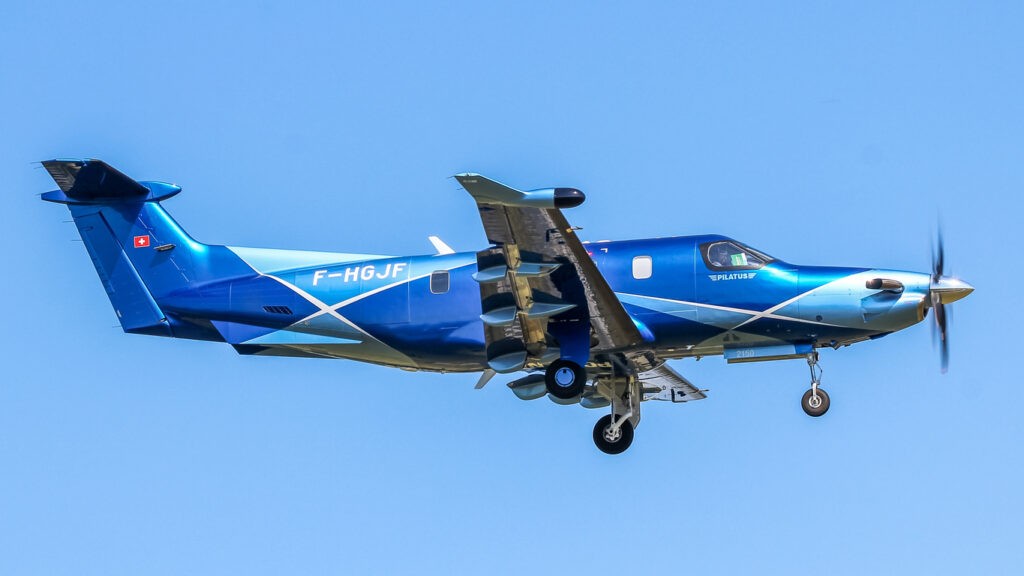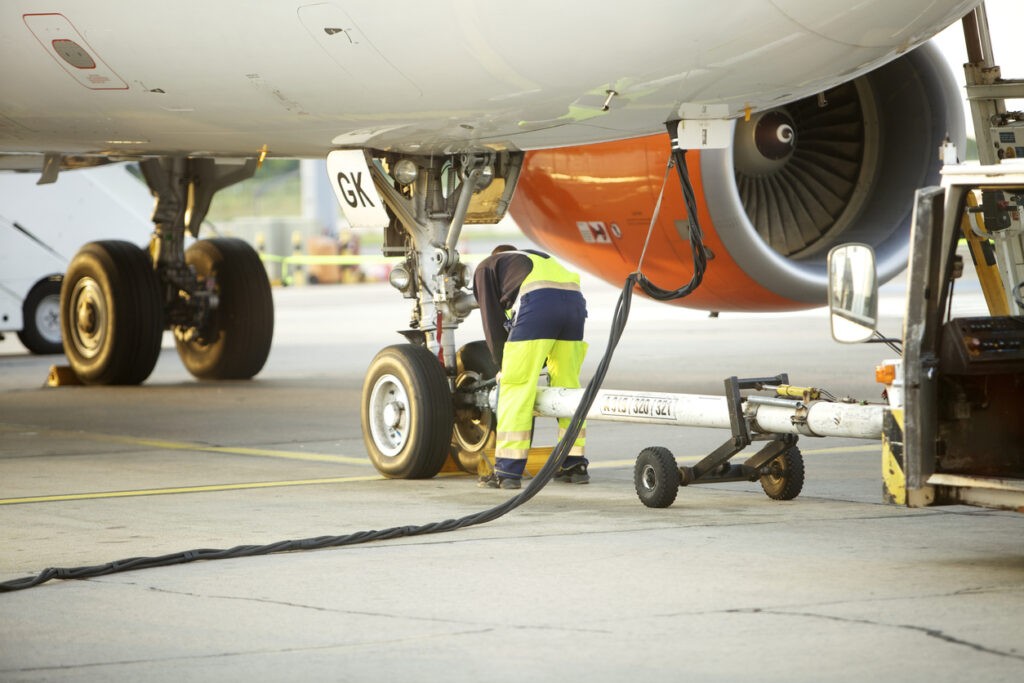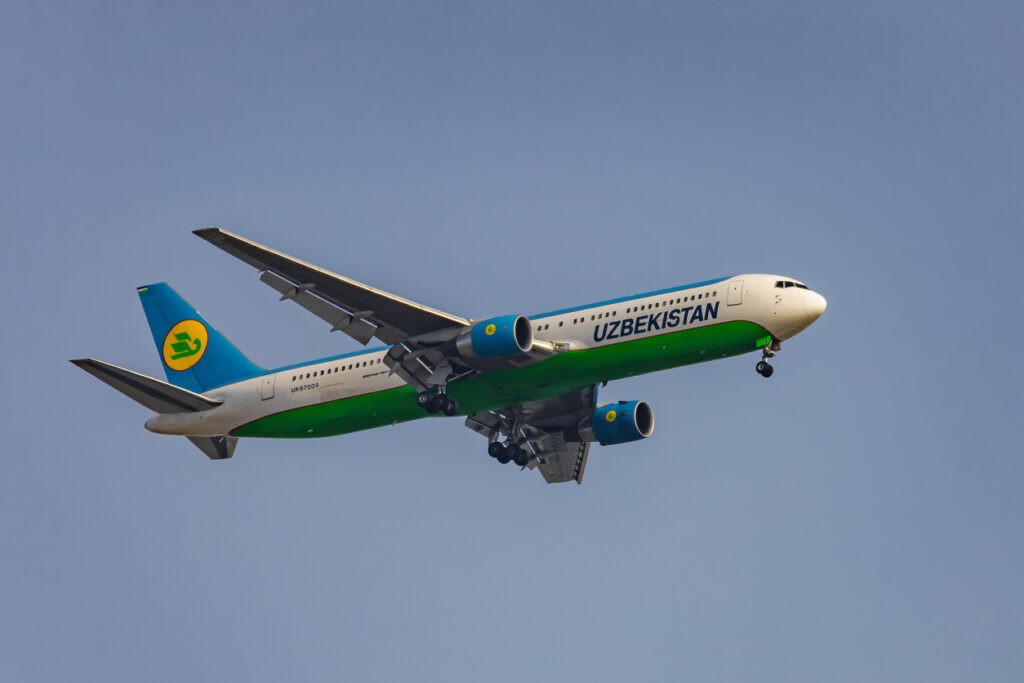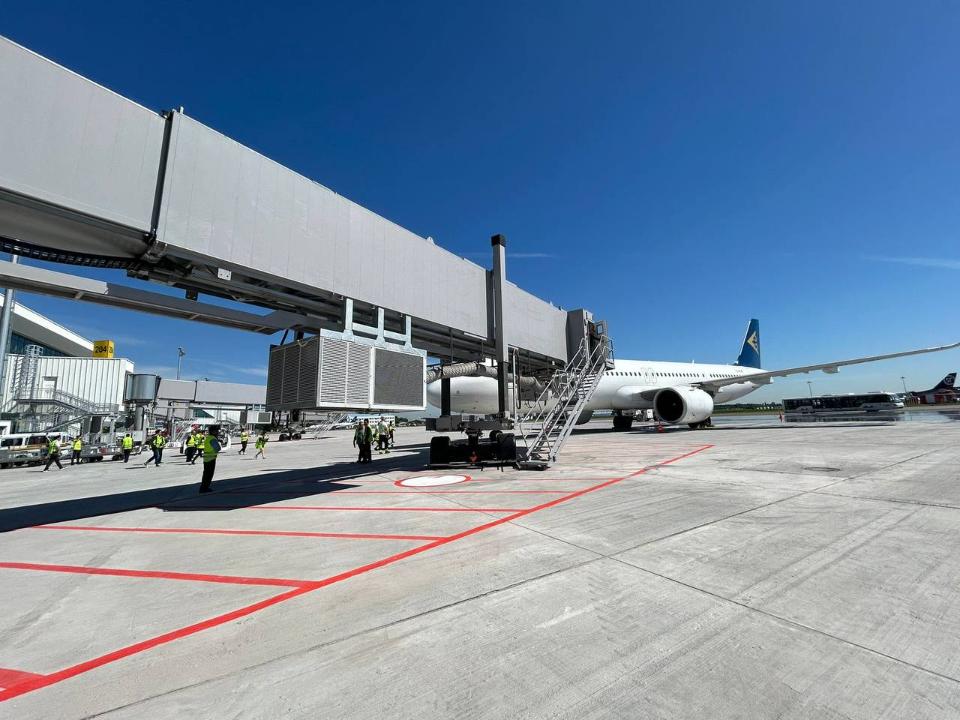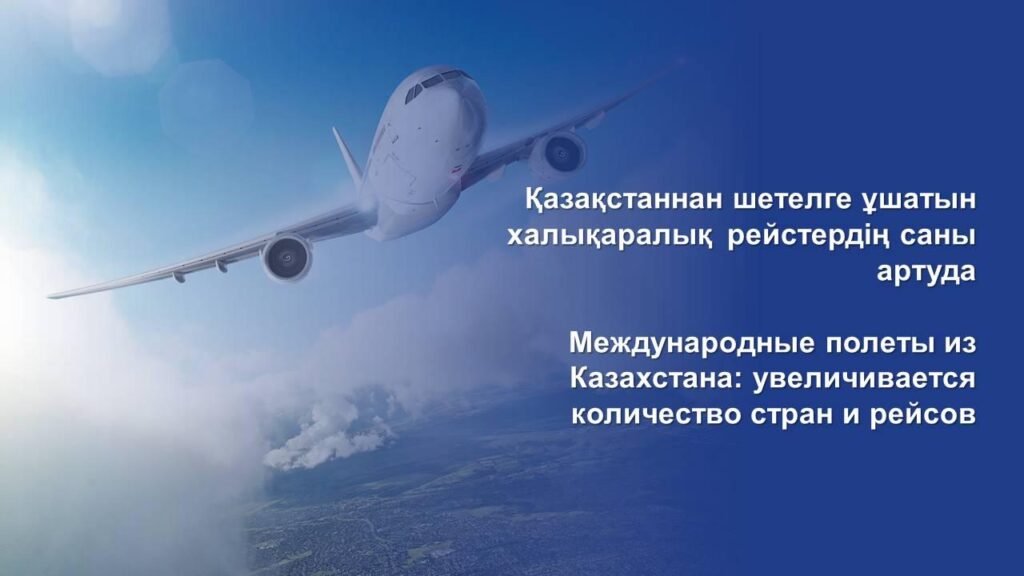On June 1, a new international terminal was opened at Almaty Airport in readiness to launch its first flights by the middle of the month. According to Kazakhstan’s Ministry of Transport, the new terminal will increase the airport's capacity to 14 million passengers per year and before long, launch 15 new international routes to 10 countries. On 31 May, prior to the opening, President of Kazakhstan Kassym-Jomart Tokayev, accompanied by Nikolai Podguzov, Chairman of the Eurasian Development Bank’s (EDB) Management Board visited the new terminal for a tour of its check-in, border and customs control areas and baggage services. The EDB was part of a syndicate of lenders which included the European Bank for Reconstruction and Development (EBRD), the International Finance Corporation (IFC) and the German Investment Corporation (DEG). Their total investment in the project amounted to US $450 million. In praise of the project, Tokayev remarked, “Almaty International Airport is the nation’s largest air hub. Inbound tourism to the southern capital grows every year, with over 2 million people having visited the city in 2023. Two years ago, I participated in the time capsule laying ceremony on this site, and tomorrow the new terminal at Almaty International Airport will serve its first flights.” With reference to security, Alp Er Tunga Ersoy, President of Almaty International Airport drew attention to the fact that the terminal was designed to meet seismic and fire safety requirements and withstand a magnitude 10 earthquake. The new international terminal was originally scheduled to open in late summer 2024. However, due to a rapid increase in passenger traffic, construction was expedited. All international flights will be transferred to the new terminal by mid-June and the old terminal, repurposed for domestic flights. The President of Kazakhstan expressed his gratitude to TAV GROUP for constructing the terminal to international standards and thanked the syndicate of lenders for its vital support. In response, EDB chairman Podguzov commented, “The construction of a new international terminal and the modernization of Almaty Airport is a significant initiative for the development of Kazakhstan’s transport sector, as it is the country’s largest air hub and part of an extensive international network of routes. We highly appreciate the trust and support of the Government of Kazakhstan and our partners – the EBRD, Germany’s DEG, and the IFC.”
